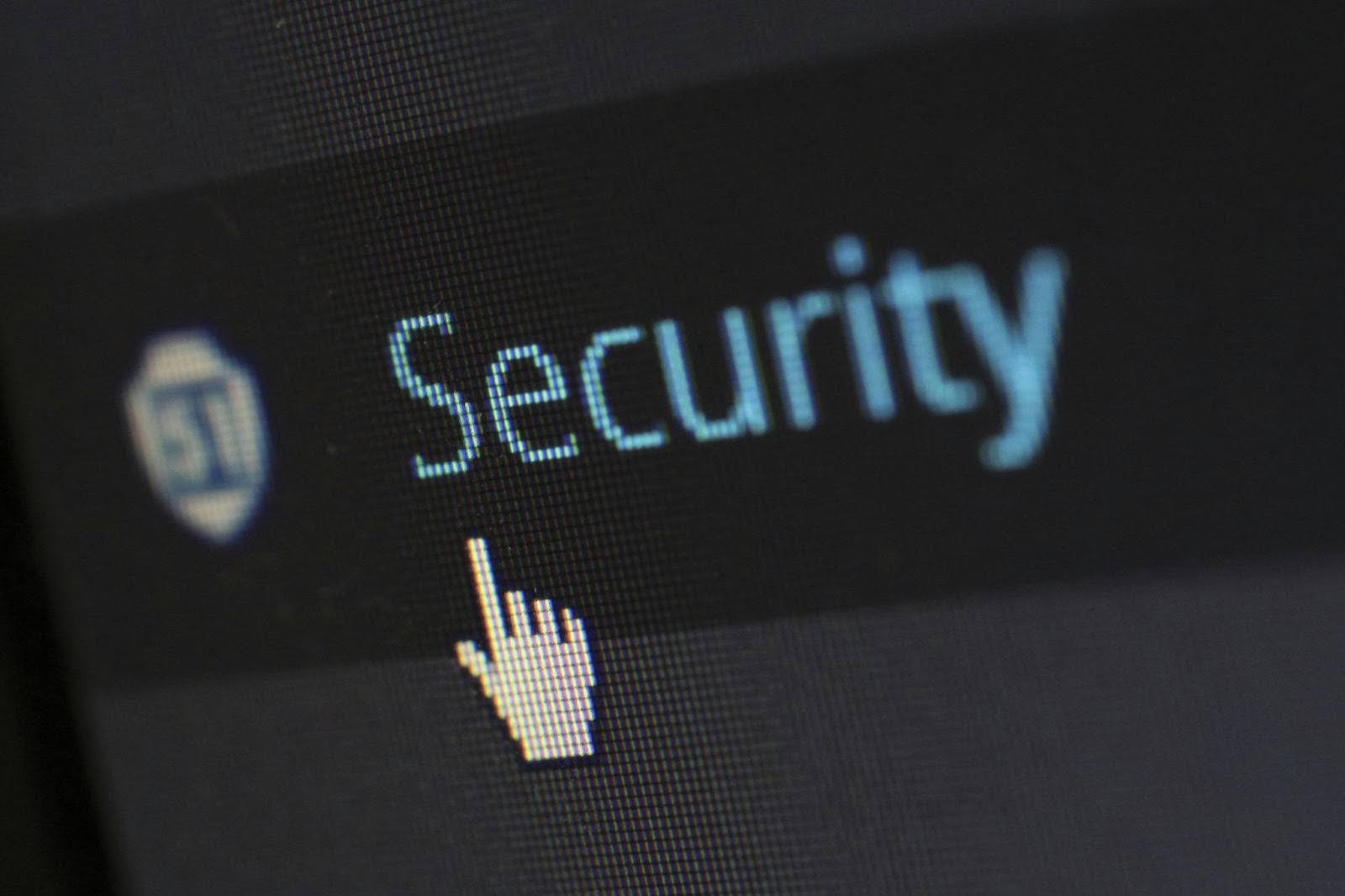In this post, I will show you cybersecurity essentials for financial management.
Money runs every business. It keeps things moving. But when it comes to managing money, one mistake can do real damage. Cyber threats are growing fast, and finance teams are often the main target. Hackers know where the money flows. That’s why cybersecurity in financial management is no longer optional. It’s a must.
Teams that handle sensitive data need to stay sharp. They need the right tools and habits. Even simple actions can protect systems from attacks. These steps help teams stay safe and avoid financial chaos. Learning a few smart practices now can save a company later. Many experts even share guides and tips for choosing the best AP automation software since secure systems start with smart decisions.
Table of Contents
Understanding Why Finance Teams Get Targeted
Financial teams deal with valuable data every day. They process payments, invoices, and account details. That information is gold for hackers. It gives them access to funds and private records. That’s why finance departments are often the first stop for cybercriminals.
The problem is that many teams still rely on outdated systems. Old software doesn’t have strong protection. Hackers can infiltrate systems through weak passwords or unpatched vulnerabilities. Once inside, they move fast. They steal data, block access, or drain funds.
Cybersecurity begins with awareness. Knowing why these attacks happen helps you prevent them. If you understand how hackers think, you can stay one step ahead.
Start with Strong Access Controls
Access control sounds boring, but it’s your first wall of defense. It means limiting who can see what. Not every team member needs full access to financial systems. Giving everyone the same permissions is risky. One wrong click can open a door for hackers.
Use individual logins. Turn on multi-factor authentication. That way, even if someone gets a password, they can’t get in easily. Set rules for creating strong passwords. Avoid using the same one twice. Update them often.
You should also review access rights regularly. When someone leaves the team, remove their access right away. It takes minutes but saves a lot of trouble later.
READ ALSO: How to Secure Your Financial Data Exchange: A Guide for Finance Teams
Secure Every Transaction
Every financial move counts. Each transaction must be secure. When systems aren’t protected, payment fraud becomes easy. Hackers can slip in during the payment process and redirect funds.
Use encrypted systems. Encryption keeps information safe while it moves between accounts. It locks the data so that even if someone intercepts it, they can’t read it. Keep your payment platforms updated. Old versions often have security gaps.
For added protection, set up approval layers. One person prepares a payment. Another approves it. That simple setup reduces the chance of fake invoices or unauthorized transfers.
Watch Out for Phishing Attacks
Phishing is one of the oldest tricks, but it still works. These attacks usually start with an email. It might look like it came from a vendor or your boss. The message asks for payment or login details. One quick reply can cause serious loss.
The best defense is awareness. Always check email addresses carefully. Look for small spelling errors or strange links. If something feels off, confirm it through another channel. Never share passwords or sensitive info through email.
Training helps too. Run short cybersecurity sessions for your team. Teach them what phishing looks like. Make it a habit to double-check before clicking. That one pause can stop a big mistake.
Keep Systems Updated and Monitored
Outdated systems are easy targets. Software updates may seem annoying, but they patch security holes. Always update your operating systems and finance apps. Even small updates make a big difference.
Use monitoring tools to track activity. You should know who’s logging in and from where. Strange behavior is often the first sign of trouble. When you spot something unusual, act fast. Disable access, check the logs, and alert IT.
Regular backups are also key. Store copies of your financial data in a safe location. That way, if ransomware hits, you can recover faster. Backups turn disasters into small setbacks.
Build a Culture of Security Awareness
Cybersecurity isn’t just about software. It’s about people. Everyone on your team should understand the basics. If one person makes a mistake, it can affect the whole system.
Make security part of daily work. Talk about it often. Encourage people to speak up if they notice something odd. It’s better to check than to assume everything’s fine.
Also, reward good habits. When someone catches a fake email or reports a risk, acknowledge it. Positive reinforcement builds a culture where everyone cares about safety.
Combine Technology with Vigilance
Technology is powerful, but it’s not enough on its own. You can have the best software, but if people aren’t careful, problems still happen. That’s why vigilance matters just as much as tools.
Keep an eye on new threats. Cybercriminals always adapt. Stay informed about scams and tactics that target finance departments. Adjust your practices when needed. The best teams don’t just react. They stay ready.
Secure financial management isn’t about fear. It’s about control. It’s about protecting the trust your business has built. When systems are safe, teams can focus on growth instead of damage control.
Final Thoughts
Cybersecurity in financial management is about small steps that make a big impact. Strong passwords. Regular updates. Secure transactions. Consistent training. Together, they build a shield that keeps your financial operations safe.
The digital world keeps changing. So do the risks. Staying safe means staying proactive. Every smart habit you build today keeps your team safer tomorrow. Protect your systems. Educate your team. And treat cybersecurity as part of your financial strategy, not just a tech issue. That’s how you stay one step ahead in a world where one click can change everything.
INTERESTING POSTS
- Sustainable Finance And Positive Global Transformation
- A Beginner’s Guide to Navigating the World of Finance
- 6 Ways To Protect Your Business From Phishing Attacks
- Why Is Cybersecurity In Financial Services Important?
- The Big Risks In Big Data For Fintech Companies
- Cybersecurity Essentials: How to Keep Your Business Safe Online
About the Author:
Meet Angela Daniel, an esteemed cybersecurity expert and the Associate Editor at SecureBlitz. With a profound understanding of the digital security landscape, Angela is dedicated to sharing her wealth of knowledge with readers. Her insightful articles delve into the intricacies of cybersecurity, offering a beacon of understanding in the ever-evolving realm of online safety.
Angela's expertise is grounded in a passion for staying at the forefront of emerging threats and protective measures. Her commitment to empowering individuals and organizations with the tools and insights to safeguard their digital presence is unwavering.








